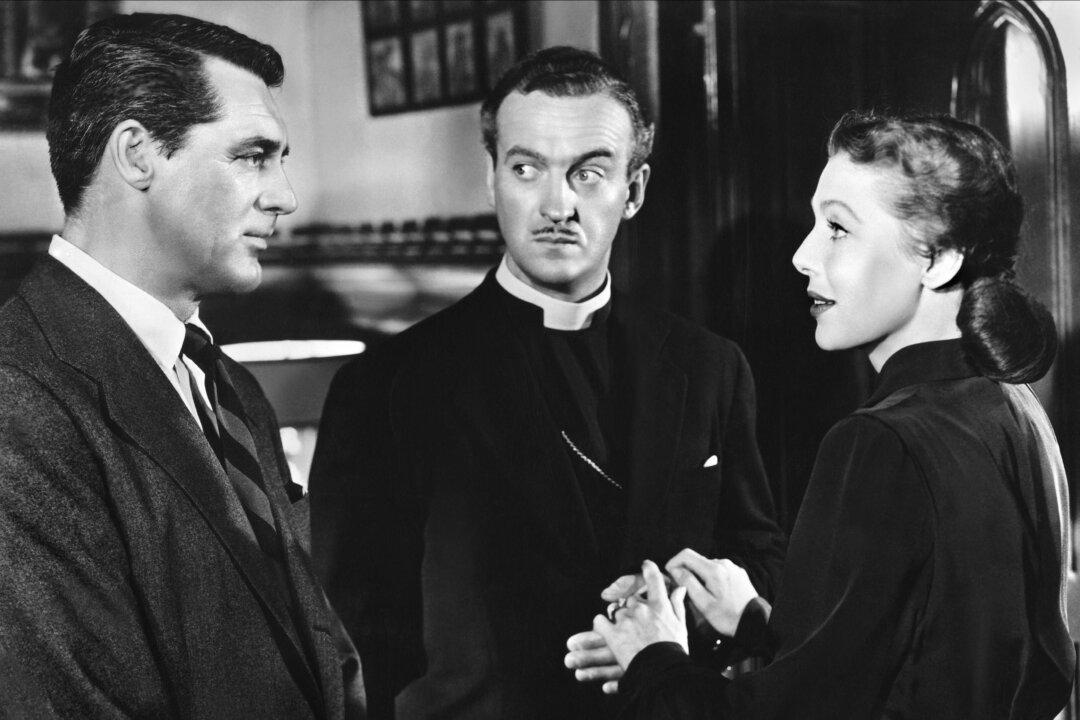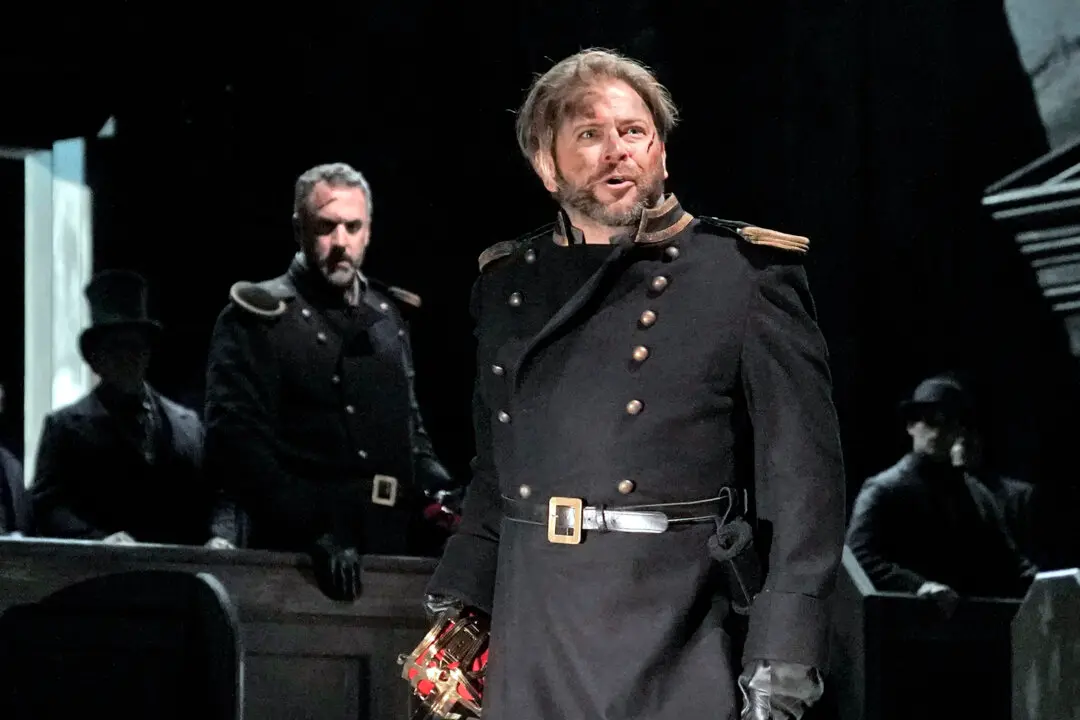Commentary
The Christmas season is full of traditions and customs, both sacred and secular. One of the most common ways in the United States to get in the holiday spirit is to watch festive movies. Although many films released in the last few decades are now considered Yuletide classics, the most beloved Christmas movies were made during the Golden Era of Hollywood (1934–1954).





